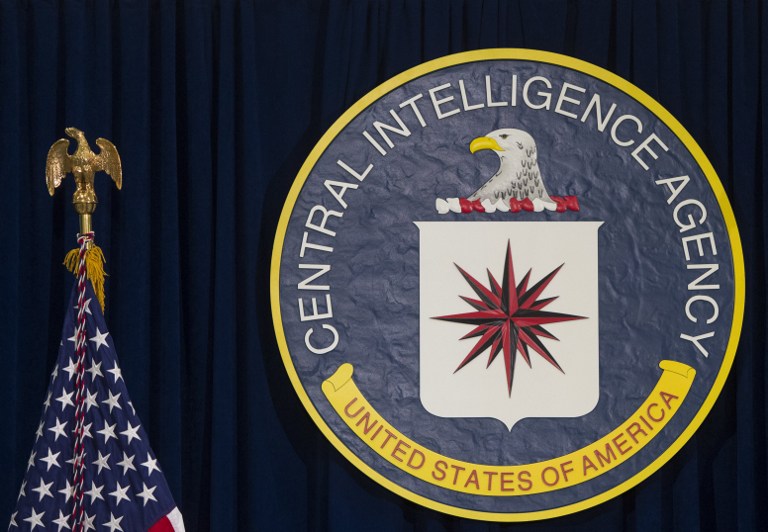Washington-The Central Intelligence Agency is reviewing highly important documents belonging to ISIS. These documents could not only help the battle for control over Manbij in northern Syria, but also follow the track of fighters who have moved there as a result of ISIS’ repeated defeats in other countries, mainly European states.
American-backed Syrian Kurdish and Arab militias have seized more than 10,000 documents and 4.5 terabytes of digital data in recent weeks while fighting insurgents in Manbij, near the Turkish border, American officials, who refused to be identified, told the New York Times.
Speaking by phone from Baghdad, Col. Christopher Garver, a spokesman for the American-led military coalition, told reporters at the Pentagon that it’s unclear how this trove of intelligence might affect the direction of the war, but he suggested it has been of considerable value.
“We think this is a big deal,” the Associated Press quoted him as saying.
Defense Secretary Ash Carter, speaking to soldiers of the 18th Airborne Corps at Fort Bragg, North Carolina, referred to the intelligence trove while describing progress in Manbij.
“And there, we’re already beginning to gain and exploit intelligence that’s helping us map their network of foreign fighters,” Carter said.
Garver said the intelligence has not yielded links to any of those involved in recent violent attacks in the West.
“It’s a lot of material. It’s going to take a lot to go through, then start connecting the dots,” he said.
The intelligence is on laptop computers and portable data storage devices such as thumb drives, Garver said, adding that it amounts to more than four terabytes of digital information. He said it sheds new light on how ISIS has used Manbij as a “strategic hub” for welcoming, training, indoctrinating and dispatching foreign fighters.
The New York Times quoted Brett McGurk, President Barack Obama’s special envoy for combating ISIS, as saying that the material offers new clues about “foreign fighters, the networks, where they’re from.”
In his remarks at Fort Bragg, Carter described in broad terms the U.S.-led coalition’s strategy for recapturing Mosul in northern Iraq. He said the Iraqi security forces will push from the south, along the Tigris River, and the Iraqi Kurdish militia, known as the Peshmerga, will push from the north.
He was speaking to members of the 18th Airborne Corps because they are scheduled to deploy to Baghdad shortly to serve as the higher headquarters for the coalition, under Lt. Gen. Stephen Townsend, who will take over as the top U.S. commander there for Lt. Gen. Sean MacFarland.
